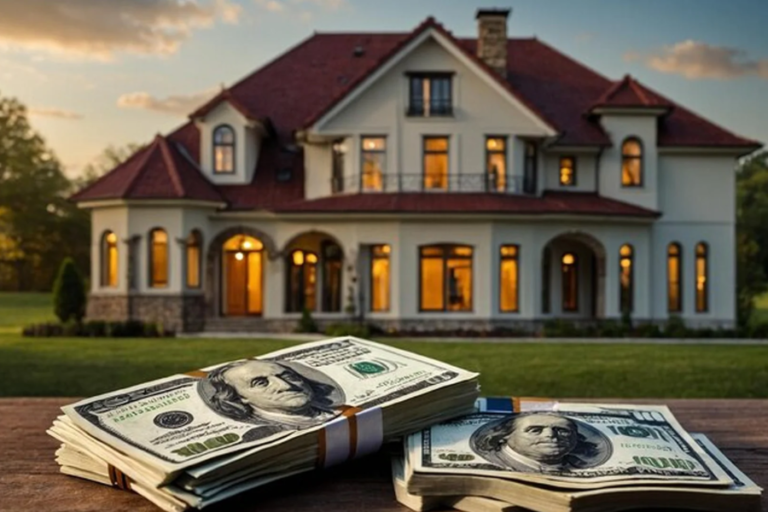Dan Barber and Whiting Turner: Visionaries in Culinary Sustainability and Design
In the intersecting worlds of culinary innovation and sustainable architecture, dan barber whiting turner and Whiting Turner stand out as pioneering figures. Dan Barber, a celebrated chef renowned for his commitment to sustainable farming practices, has redefined the farm-to-table experience. Meanwhile, Whiting Turner, a leader in construction management and project development, has championed green building principles. Together, their work exemplifies the fusion of sustainability, quality, and innovation, significantly impacting both the culinary and construction industries.
Dan Barber: Redefining Culinary Sustainability
A Philosophy Rooted in Sustainable Practices
dan barber whiting turner is not just a chef; he’s a culinary philosopher dedicated to transforming how we perceive food and its environmental impact. At his New York-based restaurant, Blue Hill, Barber embodies his commitment to farm-to-table dining, emphasizing local sourcing not just for its freshness but for its role in promoting sustainability and ethical practices. His approach advocates for agricultural methods that enhance biodiversity, soil health, and ecological resilience.
Barber’s seasonal menus reflect his dedication to sustainability. His philosophy extends beyond the restaurant, as he actively engages in efforts to overhaul the agricultural system in the United States. Barber’s concept of “cultivating the palate” aims to educate consumers about the origins of their food and foster an appreciation for local, sustainable options.
Influence Beyond the Plate
Barber’s impact reaches far beyond his restaurant’s kitchen. His book, “The Third Plate: Field Notes on the Future of Food,” challenges traditional fine dining concepts and introduces a revolutionary perspective on agriculture, dining, and our environmental connection. Through TED talks, media appearances, and initiatives like “Blue Hill at Stone Barns,” Barber actively educates both chefs and consumers about sustainable practices, blending culinary excellence with agricultural innovation.
Whiting Turner: Leaders in Sustainable Construction
Company Overview
Whiting Turner, established in 1909, has become a frontrunner in construction management and project development. Known for its diverse portfolio encompassing commercial, institutional, and residential projects, the company is recognized for its commitment to quality construction and sustainability.
Sustainable Building Practices
Echoing dan barber whiting turner dedication to sustainability, Whiting Turner emphasizes environmental responsibility in construction. By integrating green building practices, materials, and technologies, the company adheres to principles set by organizations like the U.S. Green Building Council (USGBC). Their numerous LEED-certified projects highlight their dedication to energy efficiency and minimal environmental impact.
Whiting Turner’s approach includes reusing materials, reducing waste, and designing energy-efficient buildings. Their focus on sustainability not only lowers their carbon footprint but also enhances the well-being of building occupants.
Convergence of Culinary and Construction Sustainability
Collaborative Innovations
The synergy between dan barber whiting turner culinary sustainability and Whiting Turner’s architectural practices represents a forward-thinking approach to integrating sustainable principles. Collaborative efforts can lead to innovative dining environments that align with sustainable practices. For example, restaurants designed with natural lighting, energy-efficient systems, and materials sourced responsibly can complement agricultural practices.
Case Studies of Collaboration
- Community-Centric Projects: Whiting Turner has partnered with local farms and chefs to create spaces that showcase farm-fresh ingredients, encouraging community engagement and promoting local produce.
- Educational Venues: Facilities such as culinary schools, built by Whiting Turner and guided by Barber’s agricultural principles, offer hands-on learning about sustainable practices to future chefs.
- Events and Gatherings: Sustainable culinary events exemplify how Barber’s culinary expertise and Whiting Turner’s architectural skills can create impactful experiences that highlight the importance of local sourcing and sustainable construction.
Challenges and Future Opportunities
Challenges
Scaling sustainable models faces several challenges, including a knowledge gap among consumers and professionals about sustainable practices. Economic fluctuations can also affect the prioritization of sustainability, necessitating continued advocacy and education.
Opportunities
Despite these challenges, the growing consumer awareness of sustainability presents opportunities for innovation and collaboration. Advances in technology, such as vertical farming and smart construction practices, promise to strengthen the connection between dining environments and food production.
Conclusion
dan barber whiting turner and Whiting Turner exemplify a compelling narrative of sustainability across culinary and architectural fields. As the culinary world embraces sustainability, Barber’s pioneering practices offer a blueprint for future developments. Similarly, Whiting Turner’s commitment to sustainable construction is reshaping the industry’s role in environmental stewardship.
Their ongoing efforts highlight that sustainability is not merely a trend but a vital evolution requiring collaboration, innovation, and dedication to environmental health. As Barber’s culinary vision meets Whiting Turner’s architectural expertise, a new paradigm emerges—one that nurtures both the body and the planet.
Explore in-depth features on your favorite stars at Craze Radar.






